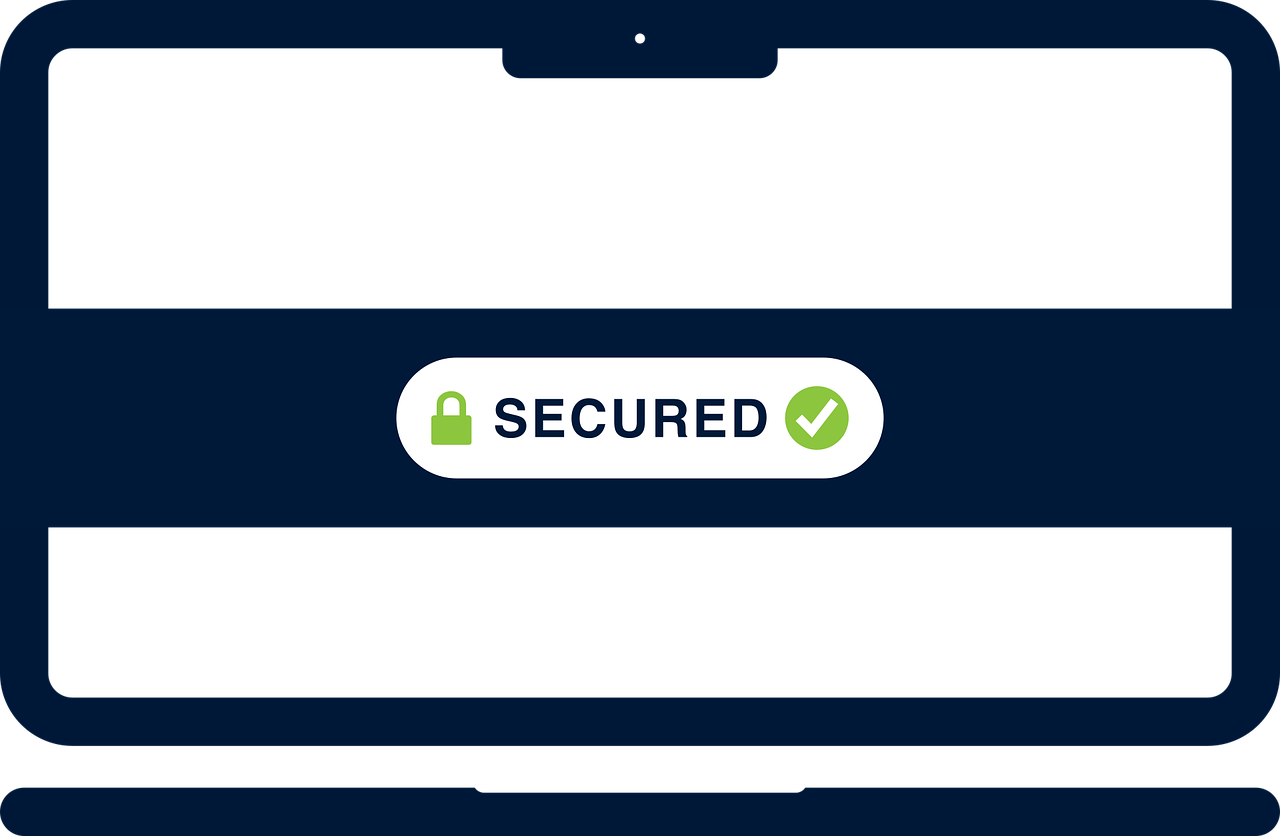The Importance of SSL in Protecting Your Web Application and Why it is Important to Get a Certificate

An SSL certificate is a digital certificate used to create an encrypted link between a website server and your browser. When you visit an SSL-secured site, you'll notice the "Valid" badge in your address bar and the little padlock icon that opens on your screen.
SSL has been an integral part of global communication for the past 20 years and is still used today. However it's never been without security issues, so another name was created — TLS (Transport Layer Security), which is still in use today.
How do SSL certificates work?
SSL works through the use of cryptography to secure any data that is transferred either between users and websites, or between two different systems. This prevents hackers from being able to read this data and steal sensitive information. This data includes potential sensitive information such as names, addresses, credit card numbers or other financial details.
Here's how the process works:
A browser or server attempts to connect to a website (i.e., a web server) secured with SSL.
The browser or server requests that the web server identifies itself, and verifies its identity by checking its digital certificate.
When you visit a website, the browser or server checks to see if it recognizes the SSL certificate.
Once the test is passed, the web server starts an encrypted session by sending a digital certificate to the browser which then saves its credentials for future reference.
This process is also referred to as "SSL handshake." It takes a few milliseconds to complete this process.
7 Reasons You Must Get an SSL Certificate for Your Website
They provide authentication.
Enhanced security.
Stops data from being intercepted.
Gives users a Sense of Security.
Essential for Google ranking.
A Necessity for Online Payments.
It's Mandatory.
An SSL certificate ensures that information transmitted is secured to the highest level including:
Login credentials
Banking details
Identification information - like the full name, address, date of birth, or telephone number
Legal documents and contracts
Medical records
Proprietary information
What Kind of SSL Certificate Should I Get?
There are different kinds of SSL certificates with different levels of validations. Below are the six main types that are available.
Extended Validation certificates (EV SSL): EV SSL is the highest ranked and the most expensive SSL certificate. It is used for high profile projects that tend to accept online payments and personal information.
Organization Validated certificates (OV SSL): OV SSL provides a similar assurance to the EV SSL certificate. The owner needs to complete a validation process to obtain this certificate. The owner details are displayed in the address bar in order to distinguish from malicious website. OV SSL certificates tend to be the second most expensive.
Domain Validated certificates (DV SSL): DV SSL validation process is minimal and thus provide lower assurance and minimum encryption. They are used on blogs or informational websites.
Wildcard SSL certificates: Wildcard SSL certificates allow you to secure a base domain and unlimited sub-domains. If you have multiple sub-domains to secure, then purchase a Wildcard SSL certificate.
Multi-Domain SSL certificates (MDC): MDC can be used to secure many domains and/or sub-domain names. This includes the combination of completely unique domains and sub-domains.
Unified Communications Certificates (UCC): UCC are also considered Multi-Domain SSL certificates. UCCs were initially designed to secure Microsoft Exchange and Live Communications servers.
It depends on the use case of the project on the type of SSL certificate that you want to install.